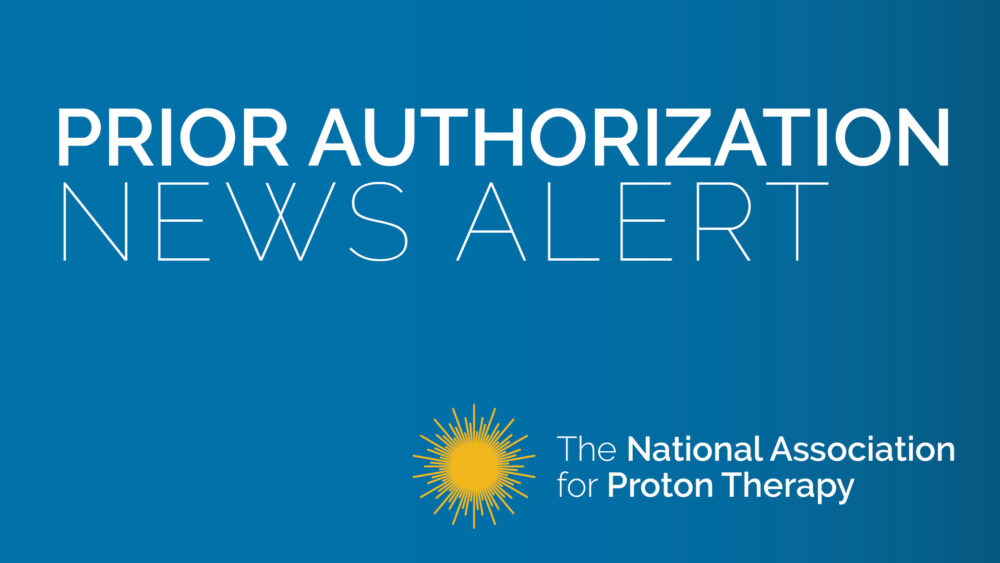Cancer is a disease where the passage of time can make a difference in treatment outcomes. Recent research underscores the reality that for cancer patients, each week of delay in starting treatment can increase the risk of death by 1.2% to 3.2%. However, the process of prior authorization, a common practice mandated by health insurance providers, is creating formidable barriers to effective cancer care, extending beyond just proton therapy.
Patients who need proton therapy, a proven life-saving cancer treatment, are among the most affected by these barriers. Health insurance payers are often slow to acknowledge the research supporting higher-reimbursed treatments, leading to a high rate of claim denials. Obtaining insurance approval for patients participating in clinical studies to demonstrate treatment efficacy can be a complex and protracted process, largely due to payer resistance. These challenges collectively restrict access to innovative cancer treatments, such as proton therapy, which have the potential to significantly improve patient outcomes.
While these issues are prominent with proton therapy, they are indicative of a broader problem within the healthcare system. The prior authorization burden extends its reach to many other aspects of cancer treatment, causing delays, financial strain, and emotional distress for patients and healthcare providers.
Let’s examine the key statistics that illustrate the negative impact of prior authorization on the broader cancer treatment landscape:
These figures highlight the widespread challenges faced by cancer patients and healthcare providers due to the prior authorization process, resulting in extended delays and undue burdens on patient care, regardless of the specific treatment modality.
For cancer patients, these delays not only mean a more extended journey to recovery, but can also lead to financial hardship. Physicians report that prolonged prior authorization processes often lead to patients abandoning treatment due to ongoing struggles with payers. These delays may also lead to patients experiencing serious adverse events. Even when providers appeal denials and succeed in getting them overturned, the process causes patients unnecessary stress and prolonged waits.
To address these pressing issues, organizations like the National Association for Proton Therapy (NAPT) are actively working to reform the broken prior authorization process. Their efforts aim to streamline the process, reduce delays, and ensure that patients have timely access to the life-saving treatments they need. Collaborative initiatives like these offer hope for a more efficient and patient-centric healthcare system.




